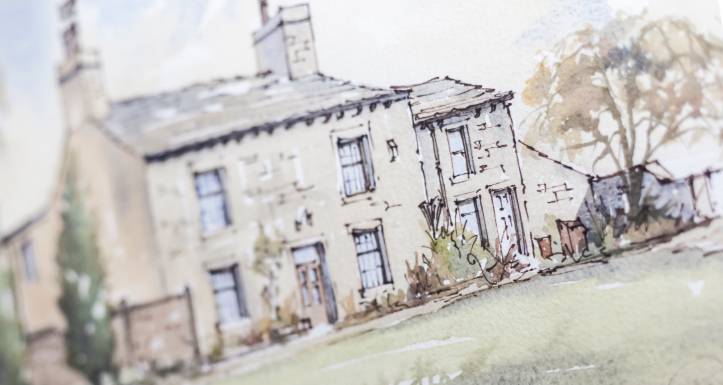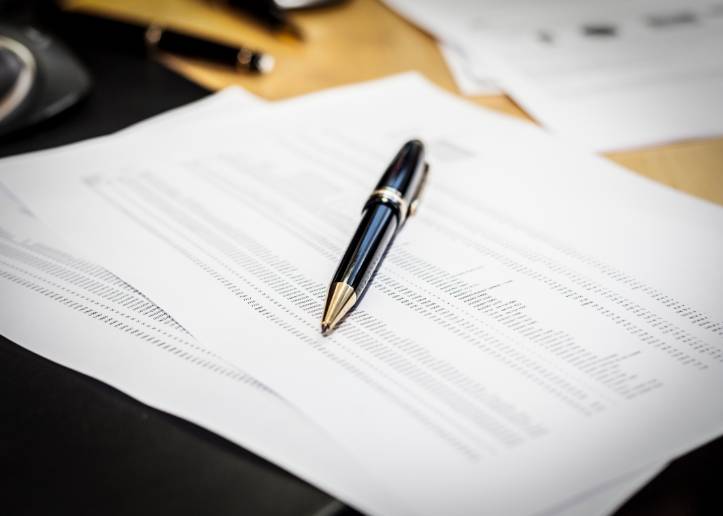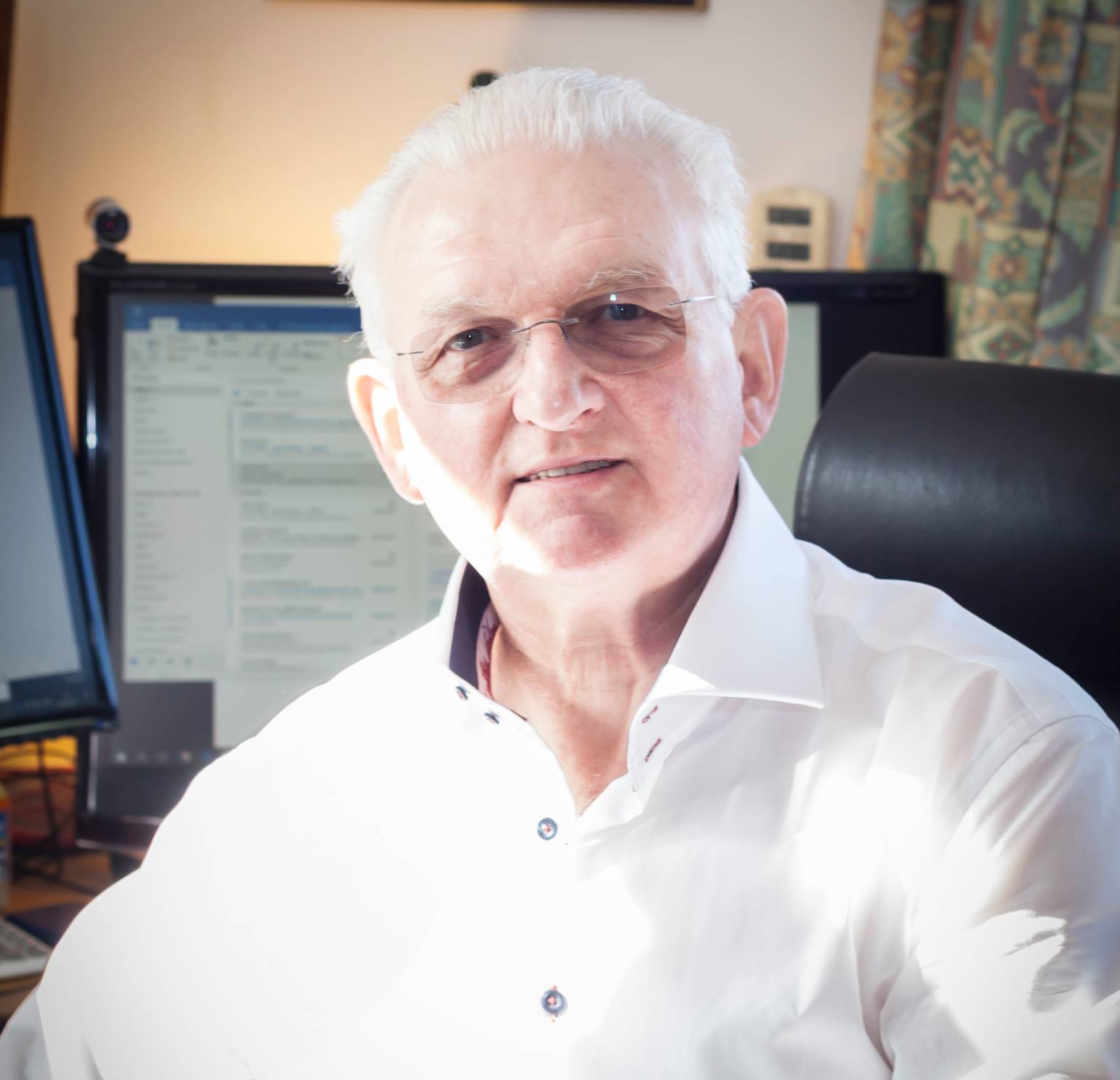Finding the right forensic accounting expert witness for your case can be a difficult and time-consuming task. Chris aims to save you time and money on searching for financial expert witnesses so you can concentrate on what you love doing, working with your clients!
A forensic accounting expert can provide a crucial service as well as expert witness testimony that can heavily reduce the time spent in court. In fact, the timely involvement of an experienced expert witness can even increase the likelihood of disputes being resolved outside of court.
Chris has appeared as a forensic accountant expert witness over 100 times before many forums. But he also recognises that not all cases need to go all the way; he is very aware of the value of joint settlement meetings, Part 36 offers (by either party) and of mediation. He has acted as an advocate in mediation, and as mediator over 100 times, with an 80% settlement rate.

Because of his offer of an initial review of any case- see below – he has on many occasions advised that his services are not needed, or indeed that a case is hopeless and should be abandoned. But if a case is worth fighting, his help can be crucial, as his Case Studies show.

Chris offers an initial review with no obligation, so you can find out more about the value that he can add to your case as an accounting expert witness before you commit to instruct him. This is without charge on all but the largest cases. If he feels his involvement is not needed in your particular case, he’ll let you know. So it costs you nothing to find out if Chris can help.
Should you require a forensic accountant expert witness in court, Chris can liaise with legal advisors, businesses, solicitors and any other party involved helping to convey complex information in court.

The giving of expert evidence at court is the culmination of all the work up to then. An expert cannot give evidence at court without the judge’s permission, and the report he writes is part of his evidence. So, normally, the expert is asked to confirm his report, and then he is immediately cross-examined by the other barrister and then re-examined by the barrister for his own side.
Giving expert evidence is a special skill, and needs extra training to become a witness expert. As an expert, Chris is careful to meet the Civil Procedure Rules requirement for experts:
Part 35.3
…and similar requirements under the FPR and CrimPR.
In the early days, he came across lots of chartered accountants who thought they could just have a go at being an accounting expert witness but fell short when in court.
So when he served on the committee of the Forensic Group at ICAEW for 14 years, his main contribution was to help devise an accreditation scheme for experts, so that solicitors could look at a list on the ICAEW website and choose an accountant who knew how to behave in court.
He was in the first group of 25 to be accredited as a forensic accountant and expert witness, and there are still only about 100 who have reached that level, out of a total membership of 150,000 English chartered accountants.
He has appeared as an expert witness in many forums from judges in chambers through County Court, High Court, Court of Session and RCJ to Arbitrations and Public Enquiries, over 100 times in total, so the witness box does not cause him any discomfort.
In English courts, there are two kinds of witnesses. A witness of fact can give evidence only on what they have seen with their own eyes. An expert witness, because of their qualifications and experience, can express their opinion when giving evidence. Their duty is to assist the court within their own expertise.
Let’s look at a simple example.
In the middle of the village, Daddy was pushing little Johnny in his pushchair across a pelican crossing. A dark-coloured VW Golf came down the road at high speed, colliding with the pushchair and flinging Daddy and Johnny into the air. Daddy was killed, and little Johnny suffered life-changing injuries.
Witness of fact: All the witness of fact is able to say is what day it was, describe the weather, the pelican crossing was at green for pedestrians, a dark-coloured Golf came along at high speed, it collided with the pushchair, a man and a baby were thrown into the air, and the Golf careered into a garden wall where it was badly damaged.
Expert witness: An expert motor engineer can come along afterwards, inspect the weather reports and road surface, and the wreck of the car in the police compound. He is able to say to the court that, in his opinion, the road surface was not slippery, the car’s brakes and tyres had been in good order, and that the length of the skidmarks indicated to him that the car had been travelling at about 60mph before impact whereas the speed limit was 30mph.
He/she would not be able to say that the Golf driver caused the death, but in a criminal trial the jury would be likely to pass a verdict of causing death by reckless driving, and in a civil trial the judge can decide that the Golf driver had caused the death and the life-changing injuries.
Then an expert accountant may be engaged to tell the court, in his opinion, how much Daddy would have earned for the rest of his working life and received in pension, and how much his own living expenses are saved because he is no longer with us. The difference is called loss of dependency. He can report on the expected lost earnings of little Johnny, and the costs of care etc for his lifetime. The judge in the civil court is then a long way towards awarding the family its loss of dependency against the Golf driver’s insurers and substantial damages to Johnny or, increasingly, against the MIB uninsured driver fund.
How to find an expert witness
The court must give permission before a person may appear as an expert, and that will be given only to a person who has technical knowledge and experience which the court does not possess.
See Civil Procedure Rules Part 35.3:
There are identical words in the Family Procedure Rules Part 25.5 and similar words in the Criminal Procedure Rules Part 19.2.
As explained above, an expert witness must provide impartial opinion to a court or tribunal on areas within their expertise. The expert witness must state the facts or assumptions on which these opinions are based, and they must not fail to consider material facts which detract from their concluded opinions. An expert should also make it clear when a particular question or issue falls outside his/her area of expertise.
Absolutely! That is their main purpose. The concept was first recognised in 1784 in Foulks -v- Chard, where John Smeaton (who built the Eddystone Lighthouse) was giving opinion evidence about coastal erosion. It runs through Whitehouse -v- Jordan [1981] 1 WLR 246, [1980] UKHL 12, [1981] 1 All ER 267, the Ikarian Reefer [1993] 2 Lloyd’s Rep. 68, and into the Civil, Family and Criminal Procedure Rules – see above.
Not always. For example, section 30 of the Criminal Justice Act 1988 states that an expert’s report is admissible as evidence of fact and opinion, whether or not the expert attends court to testify. If it is not proposed to call the expert witness to provide oral evidence, for him to be called the leave of the court must be obtained.
In granting leave, the court will consider:
In civil and family cases, exchange of expert reports, and particularly the exchange of a joint statement of experts, can often see an end to the case by negotiation, mediation or a Part 36 offer.
Carefully! A poor expert can have disastrous effects on your case; Chris has written extensively about choosing your expert with care.
The cost of a forensic accountant expert witness will vary from case to case. Chris will provide a no-obligation review of the documents before providing a fixed-fee quote or an estimate. To find out more about how much a forensic accountant expert witness costs, please visit the fees page.
It depends. On the biggest job he did, a criminal defence case against the Serious Fraud Office in a multi-million-pound investor fraud, his report of 43 ring binders took him and his team of six a period of eight months. But that was quite exceptional.
For most cases, Chris can produce an initial review within three working days and produce an expert report within three weeks of receiving all the necessary evidence.